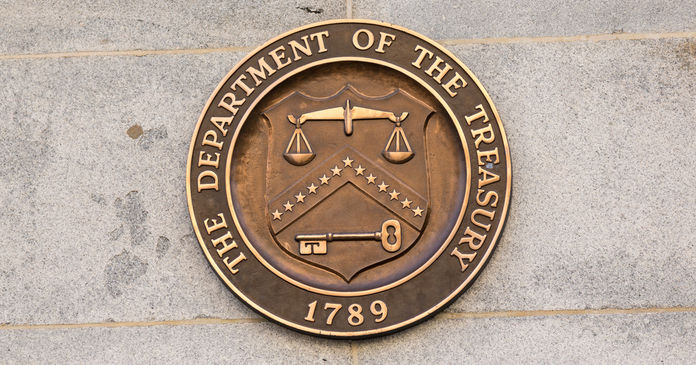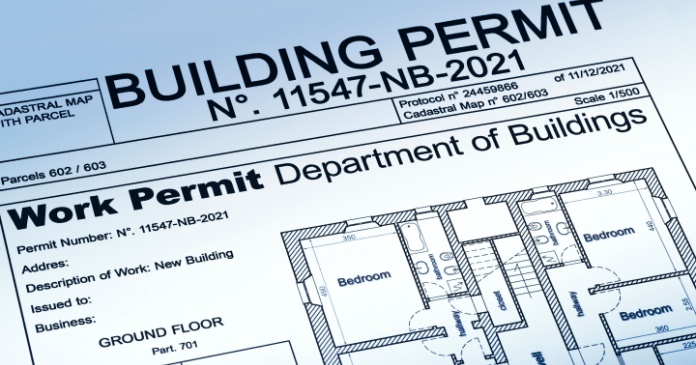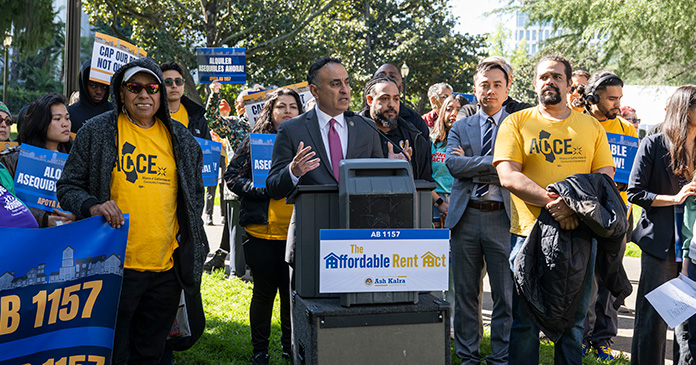At the beginning of August, President Trump issued an executive order deferring certain payroll tax obligations. This was done in response to Congress refusing to include any type of payroll tax cut in its proposed stimulus bill.
By the end of August, Treasury Secretary Steven Mnuchin issued Notice 2020-65 providing guidance to employers on the how to execute the payroll tax holiday, set to start on September 1.
Per the guidance, taxes are not eliminated, but simply deferred. Employers have until early 2021 to pay taxes due. It is likely that the deferral will effectively reduce employee wages in 2021 as companies double employees payroll taxes to recover the deferred payments.
What this tax deferment means:
- This temporary payroll tax cut is effective from September 1, 2020 through December 31, 2020, during which time specified employees may defer payroll tax, including the 6.2 percent tax for Social Security.
- The payroll tax cut applies to those earning less than $4,000, before taxes, during any bi-weekly paycheck period, or $104,000 per year for a salaried employee.
- There will be no penalties or late fees assessed on the deferred payroll tax.
- At the present, the payroll tax deferment is temporary. However, the Trump administration is looking into the legal means to forgive these payroll taxes permanently.
The tax deferment is meant to infuse money into paychecks over the last quarter of 2020, theoretically to help ease the financial strain brought on the pandemic shutdowns and closures in the short term. At this point, the temporary gain in higher paychecks will be clawed back in Q1 2021, unless Secretary Mnuchin or Congress devise a means to convert the deferment into a permanent cut—something the Trump administration has advocated for some time.
If and until Congress passes legislation forgiving the payroll tax permanently, some feel the tax deferment should be considered an interest-free loan. Absent such legislation, however, the payroll tax that was not withheld in 2020 must be paid back in 2021. For those living paycheck to paycheck, it’s important to remember that they may be responsible for double their normal withholding in Q1 2021.
Because participation in the payroll tax holiday is not mandatory, not all employers may participate. There are no penalties for non-participation, so it is up to individual employers.













